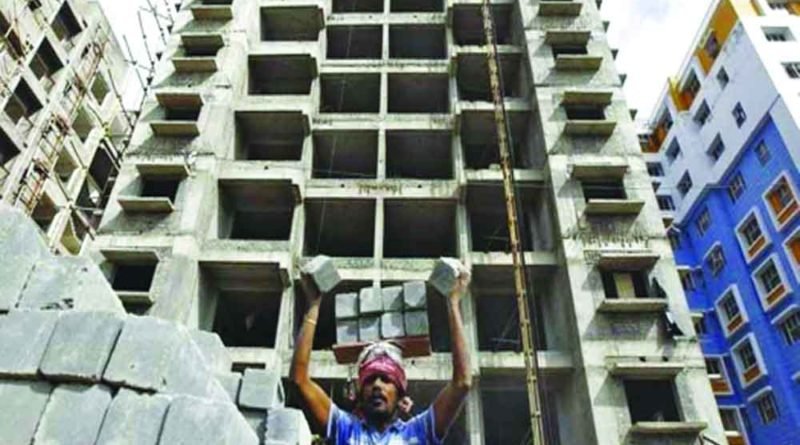Real estate ripples
The impact of Coronavirus on commercial real estate will be interesting, primarily because none really knows the future
As the Coronavirus pandemic began spreading its tentacles out of China and to the rest of the world in the middle of March, offices and malls began clearing out. People became genuinely scared of contracting the virus. Now, as the world is gradually beginning to lift the lockdown, the commercial real estate sector is just about picking up the pieces. Nobody really knows what the future will be. Take the example of movie theatres. One among the single-largest occupiers of space in malls, the pandemic not only forced the people home, it also drove up media consumption but on streaming services like Netflix, Amazon Prime and Hotstar. And while streaming services always showed movies soon after the release, several Indian movies scheduled to be screened around the Eid time-frame, a major marketing opportunity, have moved straight to streaming platforms. An angry and petulant letter by one theatre chain will not change studios from adopting this practice. Going back to the movie theatre or indeed the mall will need confidence to come back to the consumers. As e-commerce players restart deliveries of “non-essentials,” we could find ourselves spending even more time at home.
Then what about offices? Not only will several organisations, small and large and previously profitable, find themselves on the verge of bankruptcy at the end of the pandemic, they may also give up their expensive office rental spaces. Other organisations may have noted the success of the “work from home” culture started by the virus, which may as well lead to a re-evaluation of the amount of space they actually need in a building. But some operations, which need physical presence of employees, might end up needing more space as the need for distancing might mean more floor space is required. The usage of “hot-desking,” where employees can use any free space, has been banned in several Western countries, but it may well be followed in India for hygiene reasons. This could lead to more space being needed. The overall impact of the virus on real estate may, therefore, not be all negative. However, with the entire economy stressed and short-term impact of less office space being needed will lead to less buildings being occupied. For a sector that was already teetering on the edge, the virus is proving to be deadly. Far deadlier than it actually has been on humans.
Source : The Pioneer




